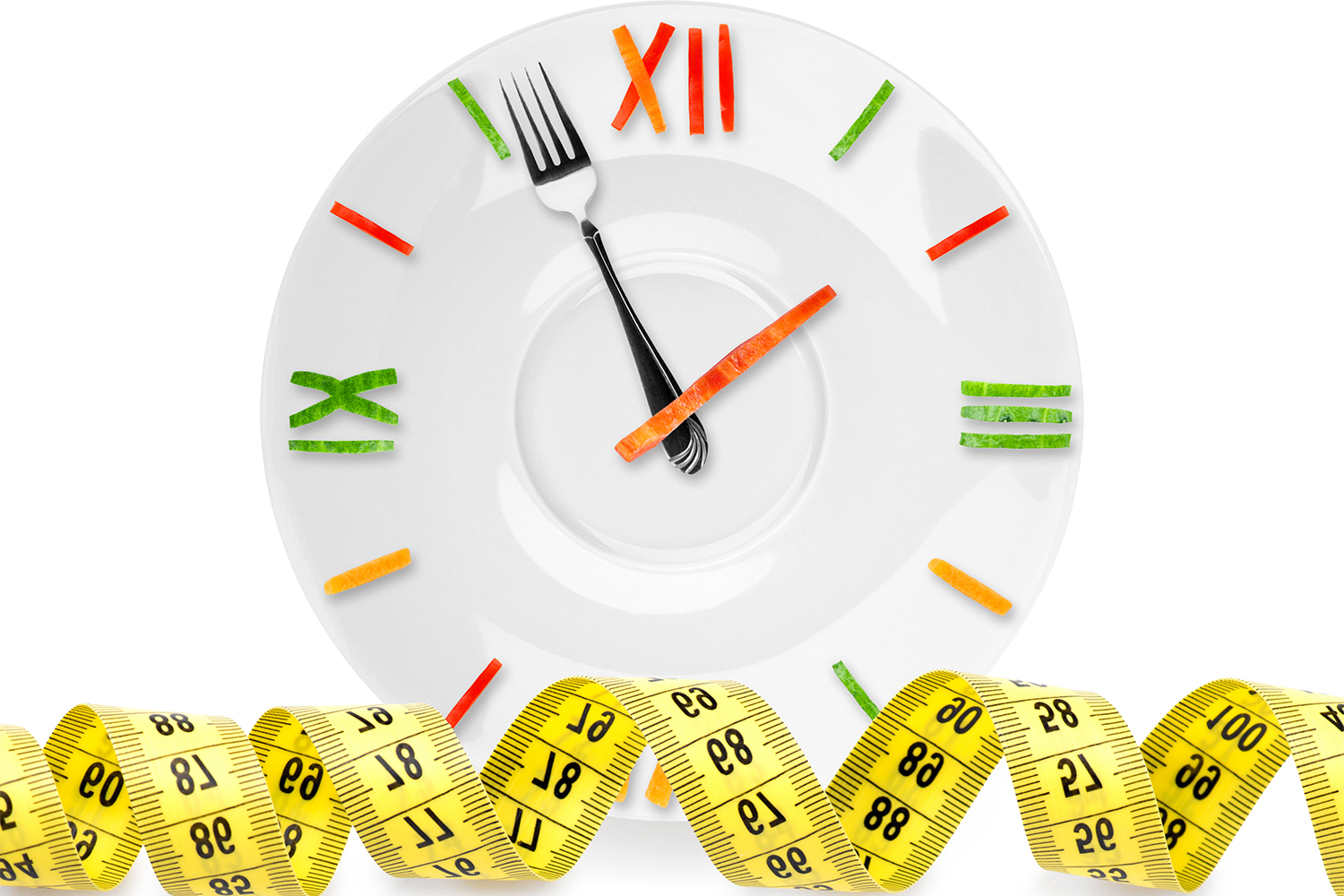If you find that maintaining the weight you want isn’t as easy as it used to be, you’re not alone. Metabolism can be slowed down by a couple of factors that affect pretty much everybody: aging and stress.
But don’t worry—you don’t need to resign yourself to a slowly expanding waistline. There are a number of steps to take to boost a lagging metabolism.
Put simply, metabolism is the term for the body’s converting food into energy. It’s what keeps you breathing, thinking, digesting, pumping blood, and staying at the right temperature. And it can change over time.
The Big Slowdown
-
Aging
When you hit your mid-20s, your muscle mass starts to drop and your body fat increases. Pair that with a reduction in activity due to work and family demands, and most of us need fewer calories to maintain our weight as we grow older. Men over 60, for instance, need about 350 fewer calories than their teenage counterparts. And women frequently lose muscle mass and put on pounds as a side effect of hormone changes brought on by menopause.
-
Stress
That pumped-up feeling you get when you’re stressed out? Ironically, it does just the opposite of pumping up metabolism. Cortisol, an adrenal hormone that’s released during times of stress, comes in handy when you need to respond fast. It supplies a burst of energy, kick-starts memory, and raises the pain threshold.
But low-level chronic stress, the kind not brought on by a need to, say, swerve the car to avoid a dog or retrieve a statistic for a pop quiz, can leave you with cortisol that isn’t released. Instead, it can increase blood sugar, up carbohydrate cravings, and result in weight gain—and raise chances of a host of health problems including high cholesterol and blood pressure, heart disease, and cognitive impairment.
Speed It Up
You can’t get any younger, but you can set goals to be active and healthy at every stage of life. While you may not be able to remove all of the stressors in your life, you can work to alleviate the damage they do to your body and your psyche. Try some of these tactics to boost your metabolism and shrink your waistline:
-
Sleep
If you cut corners on your nighttime zzz, you’re likely to make up for your tiredness by overeating the next day. Sleep deprivation can also make it harder for the body to regulate appetite and eating, according to studies that have found it lowers levels of leptin, the hormone that lets you know when you are full.
The solution: Organize your schedule to get a full night’s rest—every night. If your lack of sleep is caused by insomnia, check your “sleep hygiene”—make your bedroom comfortable and focused on shut-eye and wind down your activities before bedtime.
-
Short-Term Fasting
There’s evidence that, in some organisms, a lifelong restricted diet that cuts calories by more than a third leads to a longer, healthier life with fewer diseases like cancer and heart conditions. Does it work for humans too? Scientists haven’t figured that out yet—and really, would you want to deny yourself the pleasures of food for an entire lifetime?
Luckily, you don’t have to. You can get the benefits of long-term fasting with monthly short-term periods of calorie restrictions, according to the results of a recent study.
Researchers put middle-aged mice on a low-protein, low-calorie diet for two four-day periods a month; the rest of the month they could eat as much as they pleased. Good news for the mice: They lived longer than their peers, they lost weight, they retained their mental capacities as they aged, and they were 45 percent less likely to get cancer. During their fasts, their blood sugar and insulin levels dropped dramatically.
There’s good news for humans too. The scientists tried out the short-term fasts on people, putting volunteers on a regimen of 725 to 1090 calories five consecutive days every month; on the other days, the participants ate as they usually did. After only three months, they lost abdominal fat, became more fit, and had lower blood glucose levels.
-
Exercise
Since losing muscle mass correlates with the metabolism’s slowing down, a simple way to up your metabolism is to work out regularly, with an eye toward challenging your muscles.
Start a routine of aerobic exercise; if you already have an aerobic routine, amp it up. The more intense it is, the more calories you burn. Try switching from high to lower intensity during an exercise session. For instance, run as fast as you can for a minute, walk for two minutes, then repeat several times.
Consider weightlifting: Strengthening your muscles will help streamline the work of burning calories.
-
Fill Up on Fiber
If you eat high-fiber foods, you’ll fill up with fewer calories, and the fiber will help your body process foods more efficiently. You’ll chew longer and feel full longer. Fiber provides a host of other health benefits as well. So when you’re hungry, reach for fruits, vegetables, beans, and grains that are good sources of fiber. Be sure to drink plenty of water too.
The Upshot
A slowing metabolism often means a growing waistline, but if you’re uncomfortable with the extra pounds, there are plenty of options for boosting your metabolism. Even better, putting them into practice may well improve your overall health.





